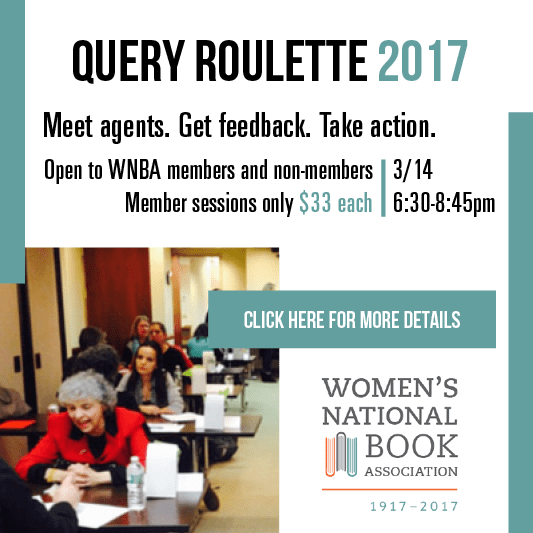
Earlier this month The Transition Network, in collaboration with the WNBA’s NYC Chapter, presented a panel called “Writing in Times of Crisis.” Each of the panelists discussed how the pandemic and other crises have affected their lives and their work. The evening’s speakers included:
- Cleyvis Natera, Dominican writer
- Debra Magpie Earling, Native American writer and creative writing teacher
- Eric Simonoff, Literary agent of William Morris Endeavor
- Sally Wofford-Girand, Literary agent of Union Literary
The event was moderated by Harriet Shenkman, poet, novelist, board member of the WNBA, NYC, and Poet-in-
Residence of TTN.
After a brief introduction, Harriet started the conversation, asking how the authors and agents have adjusted their lives, and their work, to the pandemic. Cleyvis opened about how being in quarantine gave her the opportunity to work on her book full time, even resigning from her previous job to do so. On the agent side, Eric mentioned that Zoom meetings can cut travel time, possibly allowing an author to work on his/her manuscript a little more.
Moving the discussion along, Harriet reminded us that the pandemic is not the only crisis we’ve been dealing with. She drew from Emily Dickinson’s poem “There is no Frigate like a Book” to spark a discussion on the role books have played throughout the past year. It was generally agreed that books calm us in times of crisis in a much different way than other forms of mass media can. Cleyvis highlighted that a lot of the books we see being released now or soon were written in these times of crisis. She noted that reading and writing can be forms of defiance — helping us look at the world in different ways. Debra emphasized that “stories allow us to survive,” adding that stories connect us with others and uplift us.
The audience did not fall short in their questions for the bright panelists. Some notable topics included literary scouting, the death of hard copy books, flash fiction, and diversity in the industry. Literary scouting is not necessarily limited to only manuscripts. These scouts were compared to bees who search for pollen in flowers – they are just searching for and gathering information. It was agreed that hard copy print books will never die. Though Cleyvis recalled that she initially believed that print books would die out when the Kindle was released. Collections of flash fiction can be worthy of publication if they can grab the attention of a literary agent. In terms of diversity, there is always a desire for inclusivity and initiatives do exist, but more can be done.
The last, but certainly not least, inquiry the audience made was about book clubs. Panelists encouraged attendees to join one, if not already in one.
Interested in attending an upcoming WNBA-NYC event? We have two events left in the season — the networking event, A Toast to Spring and a panel called Agents, Editors, The Pitch Letter!

Hope Lawrence always had a passion for the written word. Focusing on investigative reporting, Hope completed her Bachelor of Science in communications at Nyack College, continuing her pursuit to write the truth and nothing but the truth. Attending a WNBA networking event reignited a love of fiction, adding to her passion for investigative writing. While pursuing her bachelor’s, Hope wrote for LatinTrends magazine and LatinTrends.com and interned at the college radio station, writing her own programming. She has spent her quarantine getting any creative ideas down on paper (or screen) and bouncing between four novels.




